Fertilizing new shrubs.
qwertqwerty
8 years ago
Featured Answer
Sort by:Oldest
Comments (10)
ken_adrian Adrian MI cold Z5
8 years agoRelated Professionals
Citrus Heights Landscape Architects & Landscape Designers · Lake Oswego Landscape Architects & Landscape Designers · Peabody Landscape Contractors · Stoughton Landscape Contractors · Amesbury Landscape Contractors · Brockton Landscape Contractors · New Brighton Landscape Contractors · Wilmington Window Contractors · Fishers Window Contractors · Glendale Heights Window Contractors · Mamaroneck Window Contractors · Concord Driveway Installation & Maintenance · Grand Rapids Driveway Installation & Maintenance · Cincinnati Decks, Patios & Outdoor Enclosures · San Antonio Decks, Patios & Outdoor Enclosuresrhizo_1 (North AL) zone 7
8 years agowisconsitom
8 years agoNHBabs z4b-5a NH
8 years agowisconsitom
8 years agoNHBabs z4b-5a NH
8 years agowisconsitom
8 years agoMike McGarvey
8 years agogardengal48 (PNW Z8/9)
8 years ago
Related Stories
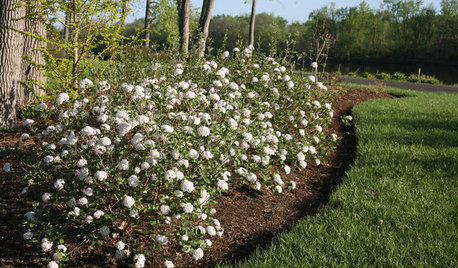
FALL GARDENING9 Deer-Resistant Flowering Shrubs to Plant This Fall
These exquisite shrubs will attract your attention but won’t tempt the deer that roam your neighborhood at night
Full Story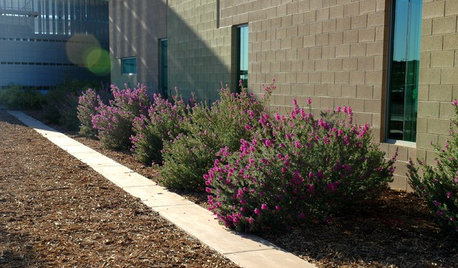
GARDENING GUIDESHow to Avoid Overcrowded, Overpruned Shrubs
Go for a more natural look that’s easier and less expensive to maintain by giving your plants the right amount of growing room
Full Story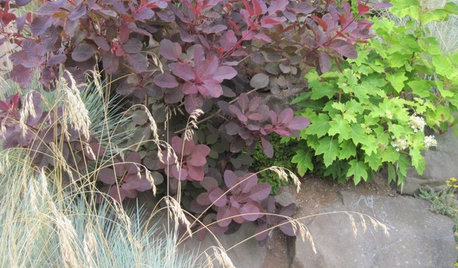
PURPLE FOLIAGE5 Purple-Leaf Majesties of Shrubs
Looking for beautiful depth and dynamism in your landscape? Just add purple
Full Story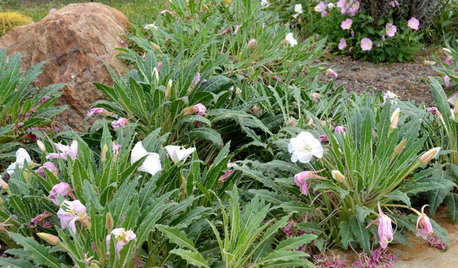
GARDENING GUIDES10 Cold- and Heat-Tolerant Perennials and Shrubs for the Arid West
These flowering native plants shrug off the cold of winter and heat of summer while adding beauty to the drought-tolerant landscape
Full Story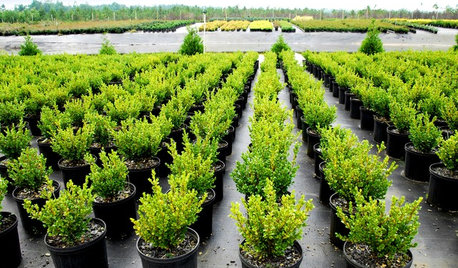
TREESHow to Buy Healthy Trees and Shrubs
A healthy young plant with a strong form is more likely to do well in your yard. Here’s what to look for at the nursery
Full Story
GARDENING GUIDESCommon Myths That May Be Hurting Your Garden
Discover the truth about fertilizer, soil, staking and more to keep your plants healthy and happy
Full Story
GARDENING GUIDESHow to Switch to an Organic Landscape Plan
Ditch the chemicals for a naturally beautiful lawn and garden, using living fertilizers and other nontoxic treatments
Full Story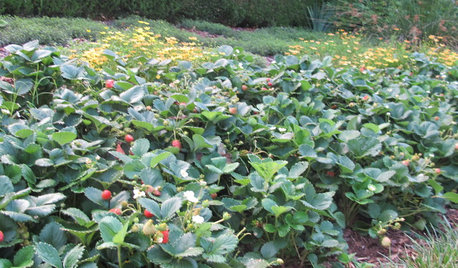
REGIONAL GARDEN GUIDESSoutheast Gardener's September Checklist
Fertilize strawberries, plant a tree or two and beckon hummingbirds to your Southern garden this month
Full Story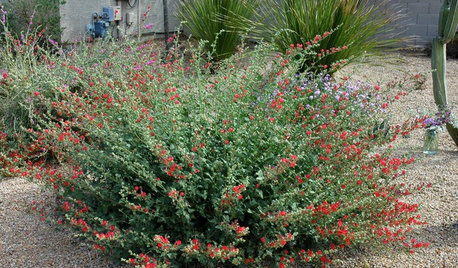
GARDENING GUIDESSouthwest Gardener's February Checklist
Orange you glad for a citrus-fertilizing reminder? And don't forget the recommended doses of vegetable seeds and cold-hardy flowers
Full Story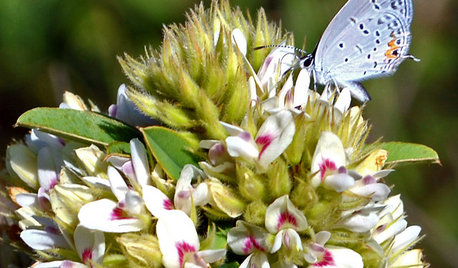
GARDENING GUIDES5 Prairie Wildflowers That Can Heal Your Soil
Get free, organic soil fertilizer with nitrogen-pumping plants that draw pollinators too
Full Story





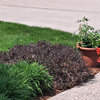
Marie Tulin